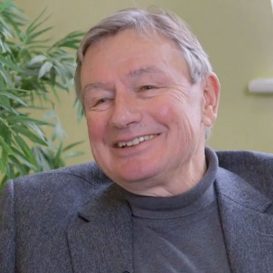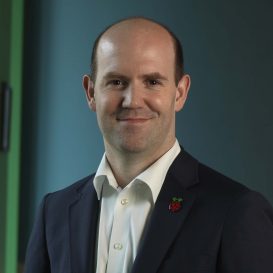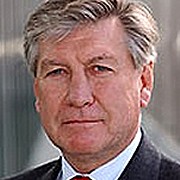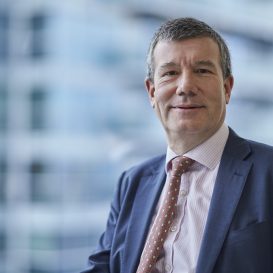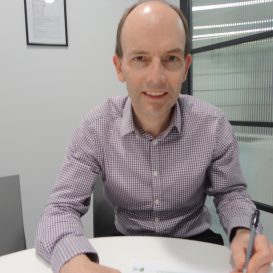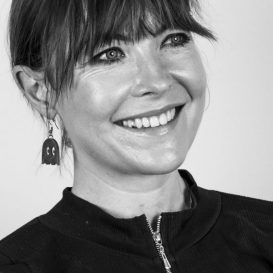
Jo Twist OBE
Dr Jo Twist has a background in technology, education, media, journalism and youth culture, and a PhD in online communities. She has been CEO of the trade body for games and entertainment and is CEO of BPI, the representative voice of UK record companies and labels.
